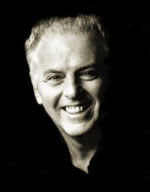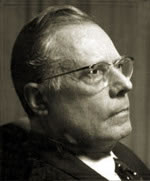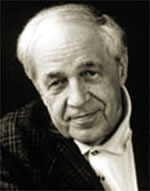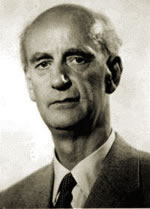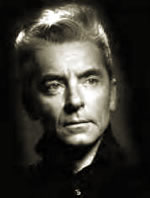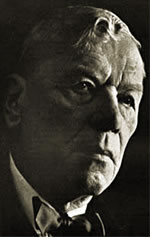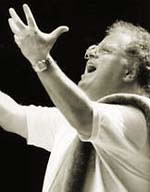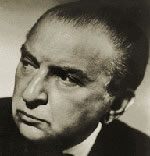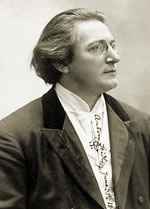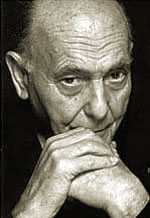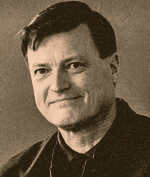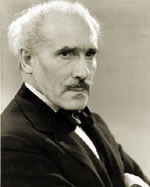Pierre Boulez was born in Montbrison, France. He initially studied mathematics at Lyon before pursuing music at the Paris Conservatoire under Olivier Messiaen and Andrée Vaurabourg. He went on to write atonal music in a post-Anton Webern serialism style greatly influenced by Messiaen. In his unique style, Boulez began serialising not only the pitches of notes, but also the durations, dynamics, accents, and so on. He became one of the most outspoken philosophical leaders of the post-war movement in the arts towards greater abstraction and experimentation. As a conductor, Boulez is noted for his perceptive readings of ground breaking works from the first half of the 20th century. He excells, for example, in the works of Claude Debussy, Gustav Mahler, Arnold Schoenberg, Igor Stravinsky, Béla Bartók and Edgar Varèse. He served as the Music Director of the New York Philharmonic from 1971-1977. At Bayreuth he has had a distinguished, and at times controversial career conducting Wagner's operas. in 1970 he was invited to conduct Parsifal at the Festspielhaus, and the success of that production led Wolfgang Wagner to select him to be the conductor of the centennial Ring directed by Patrice Chereau. That production, though one of the greatest ever seen at the Festival, was marred by violent controversy and harsh criticism. In the summer of 2004, Boulez was invited back to Bayreuth to conduct Parsifal. This production, conceived by Christoph Schlingensief, was one of the most controversial events ever presented at Bayreuth, and Boulez was there, once again, in the middle of it. |

